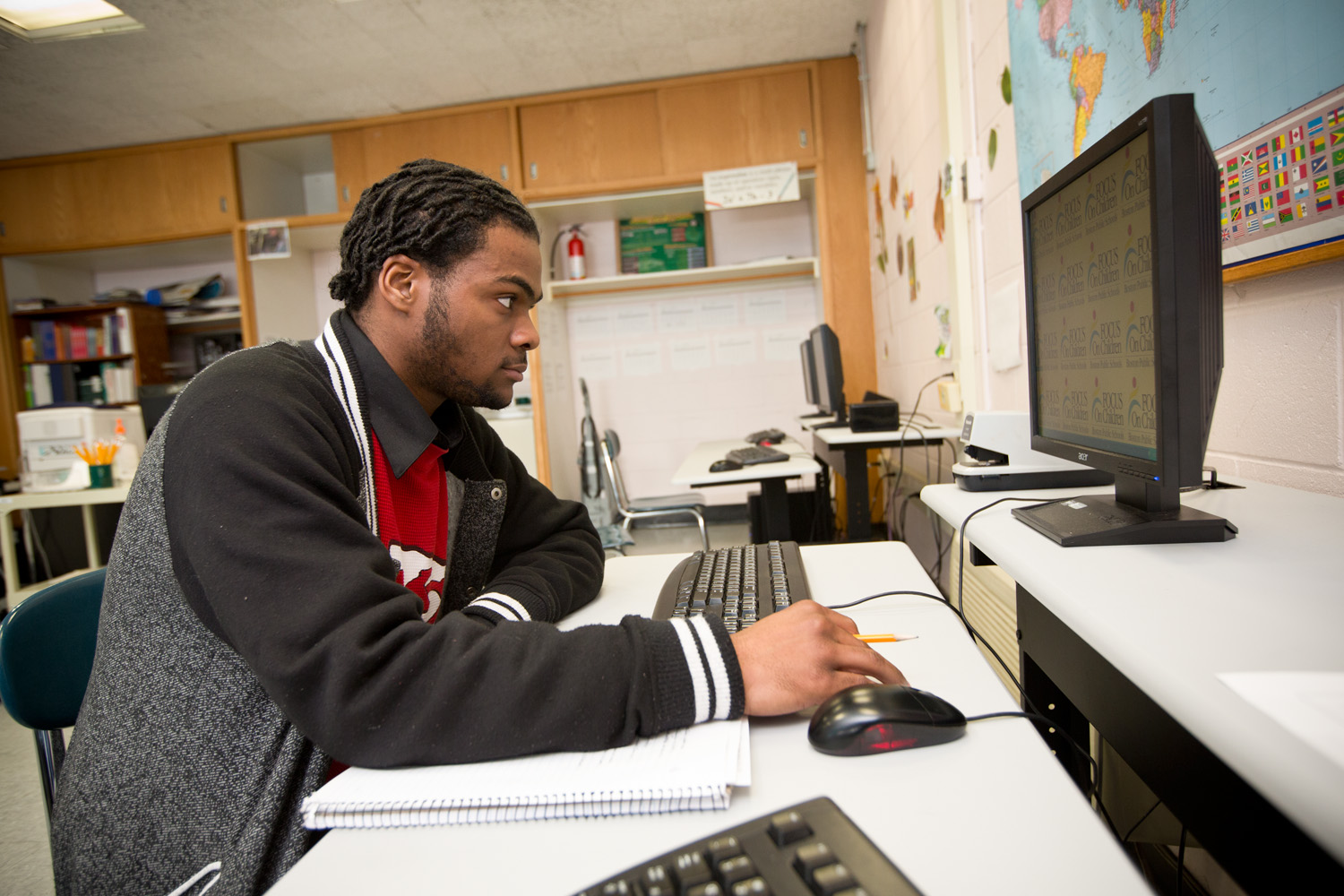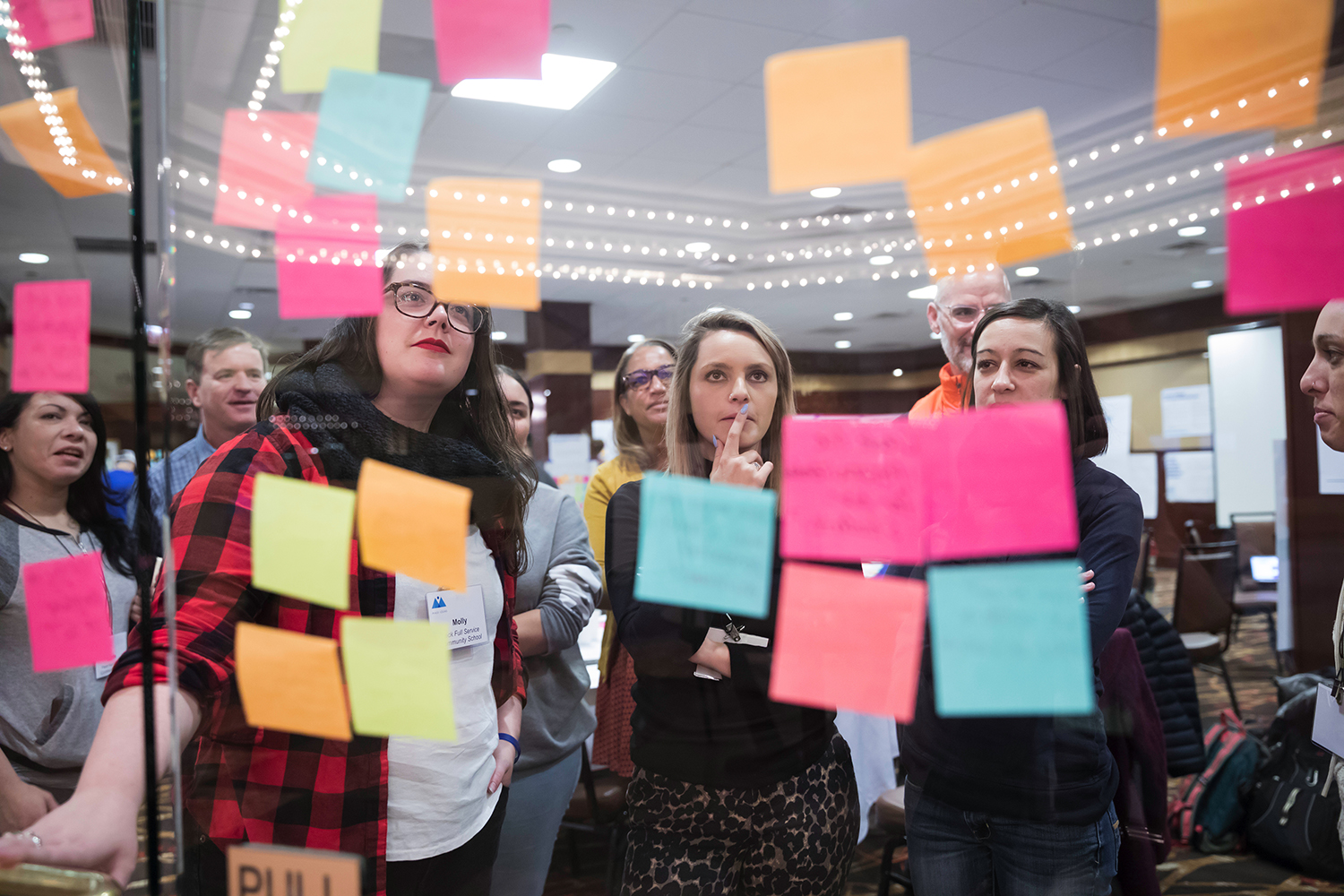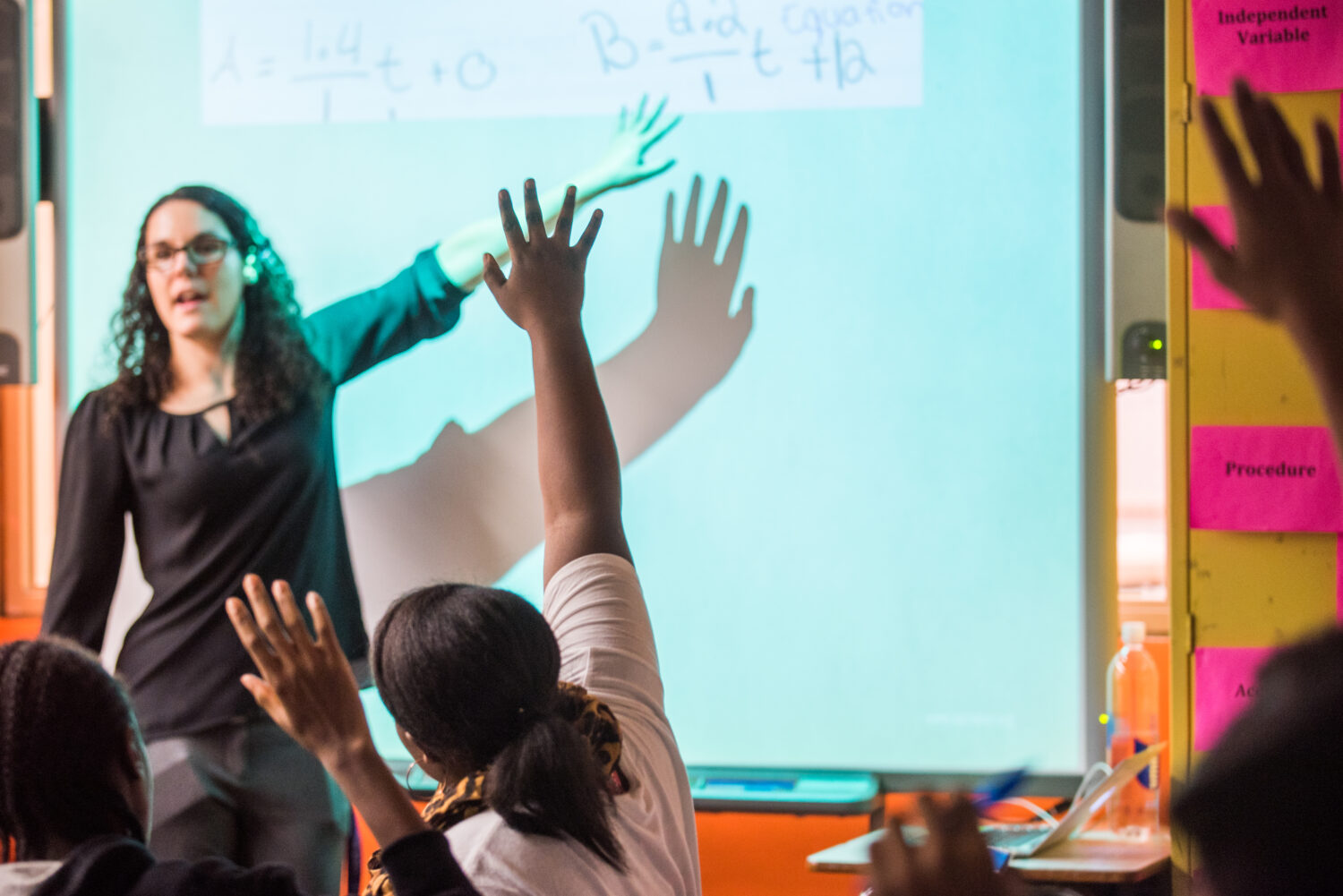In Boston, about 12,000 young people between the ages of 16 and 24 are neither going to school nor working.Educators and advocates call these young people “opportunity youth” because they represent tremendous untapped social and economic potential. Without the necessary education and training needed to secure stable employment, these youth and their families have difficult futures ahead of them.
And it’s not only the young people and their families who are affected by this untapped potential. Studies show that each opportunity youth, over the course of a lifetime, creates a social burden of about $700,000, which includes lost gross earnings, additional health expenditures, crime-related costs, and welfare and social-service expenditures.
So, how can we connect these youth to pathways that lead to educational attainment and stable careers? A national effort to build stronger support systems and improve outcomes for opportunity youth recently reached Boston, and in no small way.
Earlier this year, Jobs for the Future (JFF) and the Aspen Institute Forum for Community Solutions awarded the Boston Private Industry Council (PIC) and the Boston Opportunity Agenda, as co-conveners of the Boston Opportunity Youth Collaborative (OYC), an $810,000 grant. With these resources, the OYC will focus on addressing a key gap in services for older opportunity youth who have a high school credential but are not going to school or working.
According to Census data, 72% of Boston’s opportunity youth population has attained at least a high-school equivalency degree. The fact that the opportunity youth population skews in this manner can largely be attributed to the robust dropout prevention and recovery system that Boston has developed over the past decade. Through the efforts of the Youth Transitions Task Force, another multi-stakeholder partnership convened by the PIC, the high-school dropout rate in Boston Public Schools has fallen from 8.4% in 2004 to 3.8% in 2014, a historic low for the district.
With JFF-Aspen funding from the Social Innovation Fund (SIF) and matching contributions from local funders, the OYC recently launched a Connection Center in Roxbury where older opportunity youth can go to have their interests and options assessed, then get connected to training, education, and career opportunities. The OYC is also working with multiple partner programs to provide college bridging and navigation support, employment coaching and referrals, and job training. The Connection Center will serve more than 450 opportunity youth over the next three years.
The Barr Foundation joined this effort because we recognize the need for focused investment in efforts to build a system for disconnected youth. Given that building such a system requires a comprehensive and collaborative approach, we believe that Boston is better positioned now more than ever to build a multi-stakeholder system for opportunity youth. The OYC has effectively aligned the city’s major credit recovery, GED, high-school equivalency, and college bridge programs around a set of goals and strategies. With funding from JFF-Aspen, the OYC now has the resources and national validation needed to keep local stakeholders at the table.
Barr, Hyams Foundation, United Way, the Boston Foundation, Balfour Foundation, and other peers have eagerly responded to the match requirements for the JFF-Aspen grant. Few efforts in Boston find local funders rallying around an initiative so responsively. We are optimistic that this effort will build an effective system of supports that helps Boston’s opportunity youth realize their full potential.
Resources:
Joseph McLaughlin and Ishwar Khatiwada, “Boston’s Opportunity Youth: A Look at 16-24 Year Olds Who are Not Working or In School,” Center for Market Studies, Northeastern University (2013).
Chad d’Entremont, Malka Jampol, Ivy Washington, and Nina Zockoff, “Forgotten Youth: Re-Engaging Students Through Dropout Recovery,” Rennie Center (2012).
Nina Culbertson, Jennifer Poulos, and Chad d’Entremont, “Creating Pathways to Success for Opportunity Youth: Lessons from Three Massachusetts Communities,” Rennie Center (2014).
Nina Culbertson, Jennifer Poulos, and Chad d’Entremont, “Youth Transitions Task Force: A Ten-Year Retrospective,” Rennie Center (2015).
Clive Belfield, Henry M. Levin, and Rachel Rosen, “The Economic Value of Opportunity Youth,” in association with Civic Enterprises for the W.K. Kellogg Foundation (2012).
Mimi Corcoran, Fay Hanleybrown, Adria Steinberg, and Kate Tallant, “Collective Impact for Opportunity Youth,” FSG (2012).
John M. Bridgeland and Jessica A. Milano, “Opportunity Road: The Promise and Challenge of America’s Forgotten Youth,” Civic Enterprises & America’s Promise Alliance in association with Peter D. Hart Research Associates for the Annie E. Casey Foundation, the Bill & Melinda Gates Foundation, and The James Irvine Foundation (2012).




